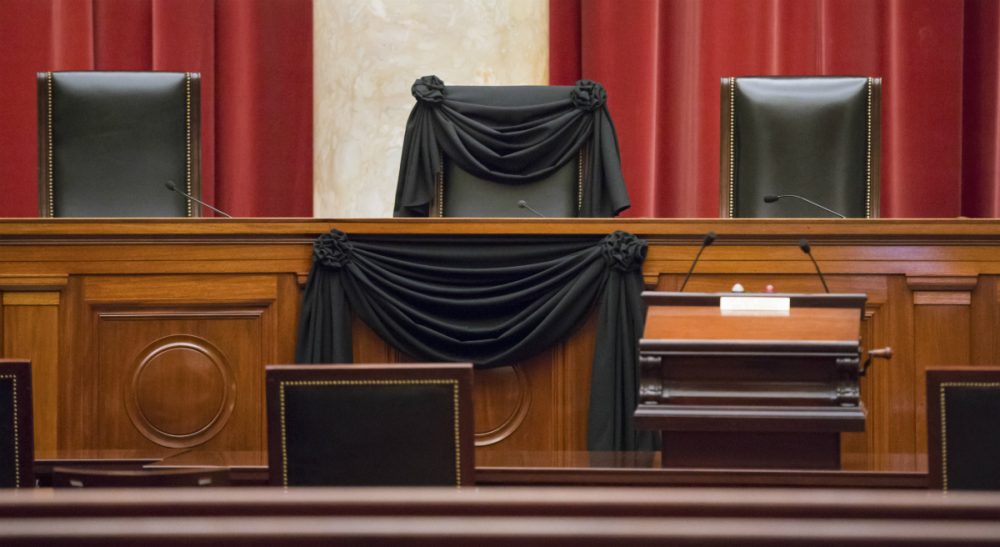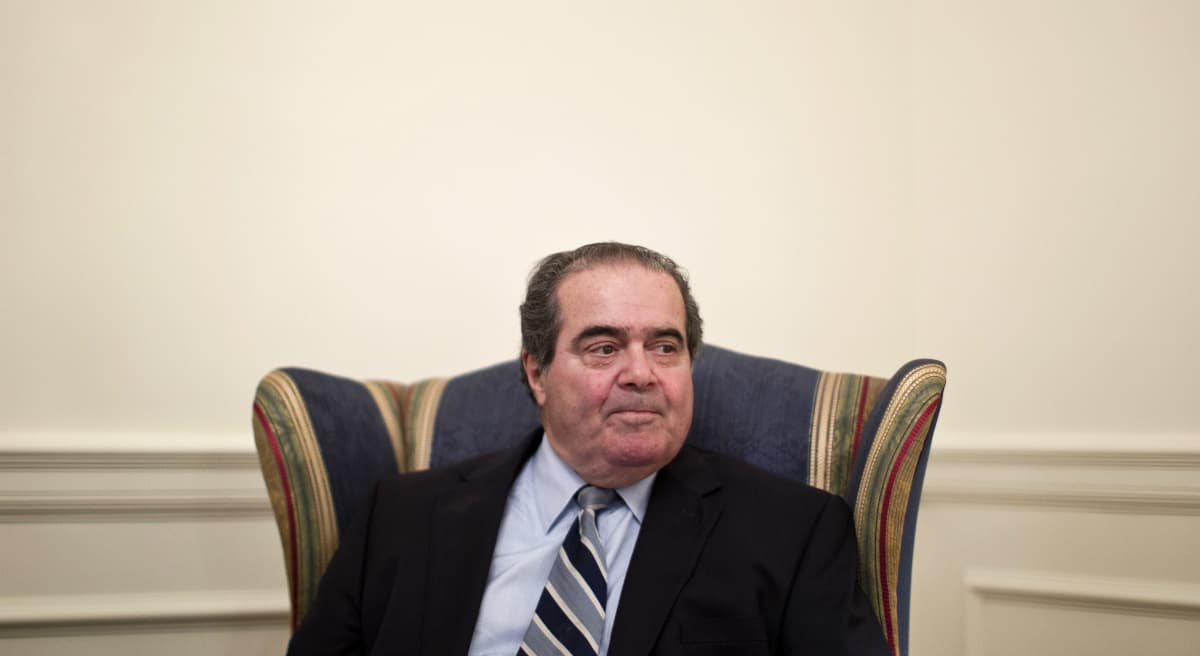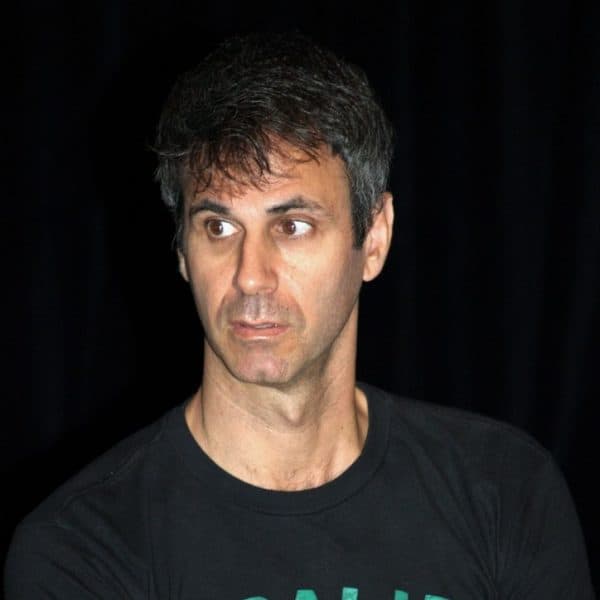Advertisement
Replacing Scalia: What Would Antonin Scalia Do?

We have, by now, heard just about every ridiculous rhetorical contortion for why President Obama shouldn’t bother to nominate a new Supreme Court justice to replace the late Antonin Scalia.
There’s no point in summarizing these positions. They’re not legal or moral. They’re political.
Those on the left recognize the Republican pledge to block any Obama nominee as part of the huge zero sum game that has come to characterize the conservative movement in this country.
The rules are simple: there are no rules. Or rather: let us make up the rules as we go along. If we don’t like a president, let us accuse him of being a foreigner or a traitor. If we don’t like a law passed by Congress, such as the Affordable Care Act, let us shut down the government.
Shouldn’t Republicans, who universally claim to revere Scalia’s legal legacy, be interested in a close reading of the Constitution on this subject?
The underlying strategy is to vilify compromise and thus cripple the basic functions of government. Democrats are left to follow suit, lest they render their own political power meaningless.
This leads to the old “Washington is broken” narrative, which brands both parties as irrational and hyper-partisan, which leads to a demoralized and angry electorate ready to endorse a candidate who (just for instance) slanders Mexicans, Muslims, handicapped people and prisoners of war.
So the fight over Scalia’s nomination has proceeded, with most pundits simply accepting the notion that Republican senators will leave a vacancy on the Supreme Court for nearly a year. Just another day at the office.
The question worth asking — especially of these senators — is what the dear departed Antonin Scalia would have to say about this?
After all, Scalia’s claim to fame was that he was the high court’s “pope of originalism.” He argued, relentlessly, for the primacy of the Constitution in making judgments. Specifically, the original meaning of the text when it was drafted. No loopholes. No extrapolating.

Shouldn’t Republicans, who universally claim to revere Scalia’s legal legacy, be interested in a close reading of the Constitution on this subject? Here’s what Article Two, Section Two of the Constitution states:
“[The president] shall have power, by and with the advice and consent of the Senate, to … appoint judges of the Supreme Court.”
That’s the whole shebang. It’s not terribly complicated. Remember, the Constitution is a short document, barely 4,500 words.
The whole point of Scalia’s legal career was to safeguard the purity and the intent of that document. This is why denying Obama that power, or seeking to obstruct it, isn’t just legally bogus. It’s unconstitutional.
An originalist such as Scalia would laugh out of court the various rationales being floated by Republican senators, because the Constitution makes it quite clear: the sitting president is enjoined to choose nominees. Senators have the right to vote down these nominees, but they should be forced to reject qualified candidates in the clear light of day, and should be held accountable for those votes in the media, and at the ballot box.
According to the Scotusblog, the authoritative source on these matters:
“The historical record does not reveal any instances since at least 1900 of the president failing to nominate and/or the Senate failing to confirm a nominee in a presidential election year because of the impending election. In that period, there were several nominations and confirmations of Justices during presidential election years.”
Translation: Supreme Court Justices get replaced all the time during election years. To argue otherwise isn’t just historically bunk. It requires you to rewrite the Constitution, which was the ultimate no-no according to Justice Scalia.
Supreme Court Justices get replaced all the time during election years. To argue otherwise isn’t just historically bunk. It requires you to rewrite the Constitution...
The Constitution doesn’t say: The president shall have power, by and with the advice and consent of the Senate, to appoint judges of the Supreme Court, but not during an election year.
It doesn’t say: The president shall have power, by and with the advice and consent of the Senate, to appoint judges of the Supreme Court, but not if we don’t agree with their views.
It doesn’t say: The president shall have power, by and with the advice and consent of the Senate, to appoint judges of the Supreme Court, but not if senators are too worried about losing their next election.
Anybody who argues otherwise — and this applies to Democrats as well as Republicans — is arguing against the Constitution and against the man whose death has created this shameful spectacle of hypocrisy and malfeasance.
I happen to believe that Antonin Scalia did more than any other justice in history to politicize the Supreme Court. He used constitutional fidelity as a pretext for advancing the agendas of bigots and corporations. But by his own accounting — and that of his admirers — all he was doing was protecting the sanctity of his beloved Constitution.
Those who are distressed at his passing should think about what it means that, not an hour after his death, they stood ready to defile all that he stood for.
